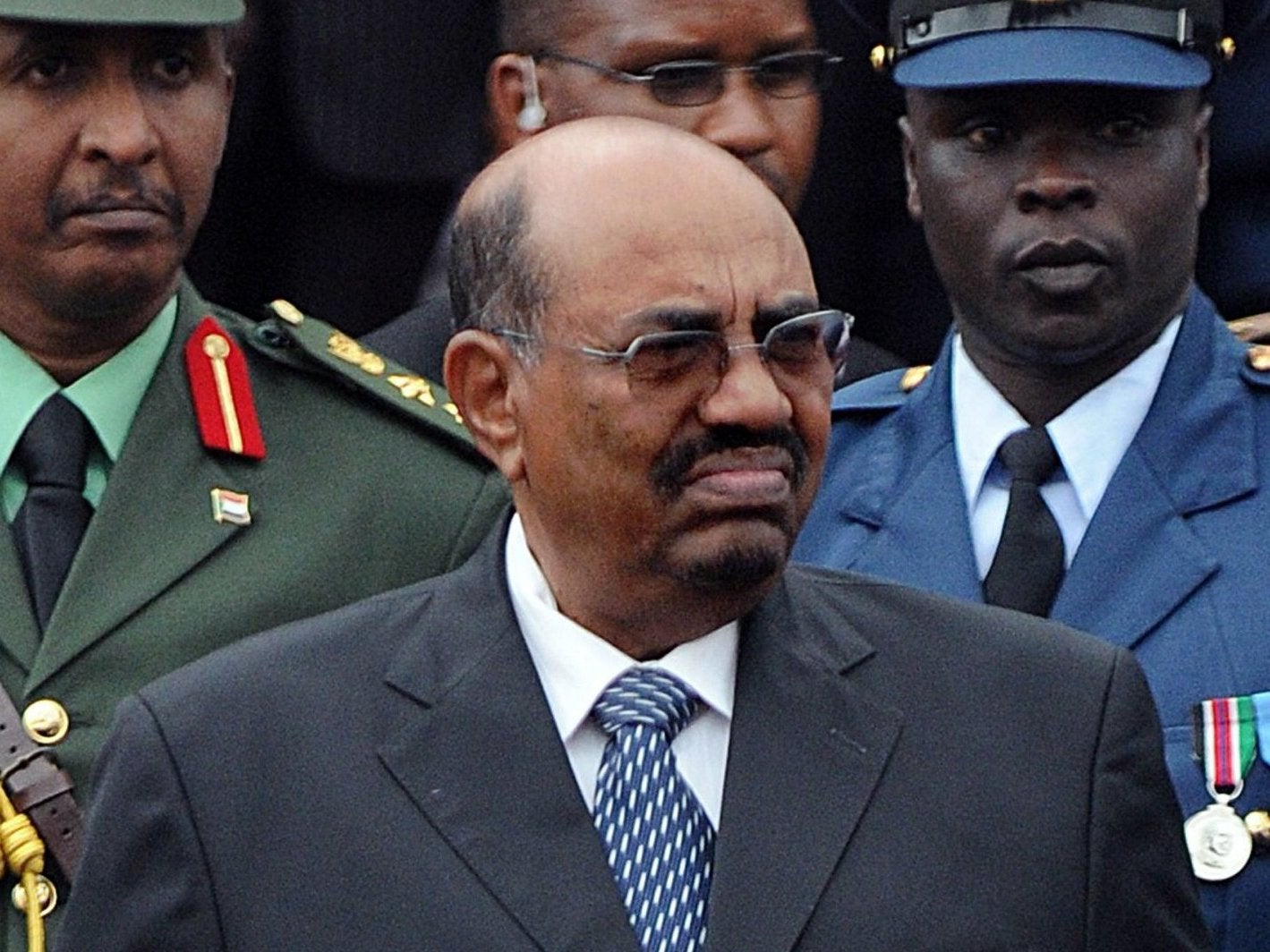Sudan coup leader Awad Ibn Auf steps down hours after toppling Omar al-Bashir
He said he was stepping aside to ‘preserve unity’ of the armed forces
Sudan’s defence minister Awad Ibn Auf has stepped down as head of the country’s transitional military council a day after former president Omar al-Bashir was overthrown in a coup.
Lieutenant General Abdel Fattah Abdelrahman Burhan will be the new head of the transitional military council, Mr Ibn Auf said in a speech broadcast on state television on Friday.
He said he was stepping aside to “preserve unity” of the armed forces
Mr Ibn Auf’s decision to resign comes after protesters refused to leave the streets despite the country’s long-time ruler Mr Bashir being removed as president on Thursday and arrested by the military.
Rashid Saeed, a spokesman for the main protest group, the Sudanese Professionals Association (SPA), welcomed the move.
He said: “What happened is a step in the right direction and is a bow to the will of the masses, and we have become closer to victory.”
The group has demanded for power to be immediately handed to a “transitional civilian government”, however the army has said the country will be under military rule for two years followed by elections.
Demonstrations began in December over rising prices and at least 38 people have died in the protests.

Many of the protesters fear the armed forces are attempting what has become known in the Arab world as the “Egyptian scenario”, where the military ousts an unpopular president only to replace them with another from their own ranks.
Mr Ibn Auf was head of military intelligence during the Darfur conflicts in the 2000s.
The United States has imposed sanctions on him since 2007, alleging he was involved in atrocities committed during the Darfur conflict that began in 2003.
Mr Bashir faces genocide charges at the International Criminal Court (ICC) for his deadly campaign in Darfur.
The Sudanese army has refused to extradite the former president to the ICC, based in The Hague, Netherlands, and has said he will instead be tried at home.
Join our commenting forum
Join thought-provoking conversations, follow other Independent readers and see their replies
Comments
Bookmark popover
Removed from bookmarks